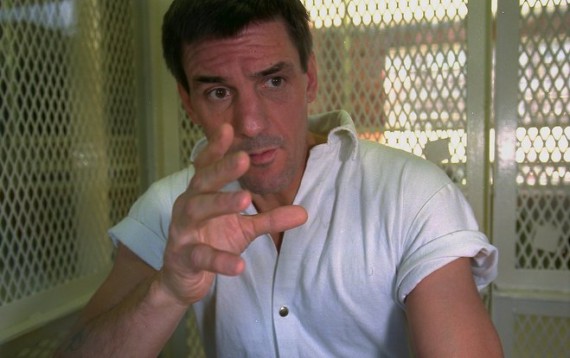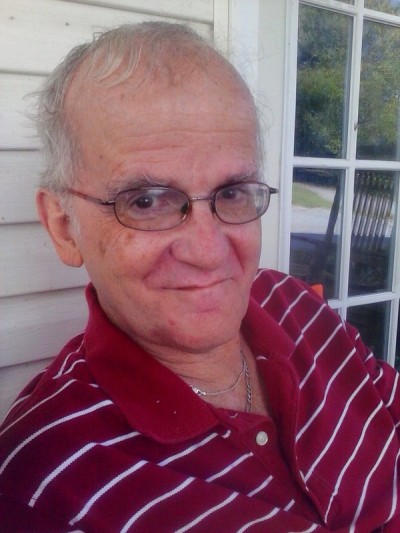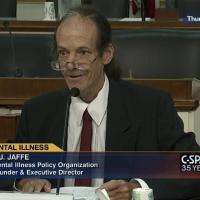Thanks to everyone who voiced their concern about this case!
COURT HALTS EXECUTION OF MENTALLY ILL TEXAS INMATE
USA TODAY 1:32 P.M. WEDNESDAY, DECEMBER 3RD, 2014
AUSTIN: A federal appeals court in New Orleans on Wednesday halted the execution of Texas killer Scott Panetti, whose case has sparked a global debate over whether people with severe mental illnesses should be put to death for their crimes.
Panetti’s lawyers say he is too delusional to be executed. The 5th U.S. Circuit Court of Appeals granted a reprieve less than eight hours before Panetti was scheduled to receive a lethal injection. The court said it needed more time to “allow us to fully consider the late-arriving and complex legal questions at issue in this matter.”


 We spend far too much money on people with less serious mental health issues and far too little on people with serious mental illness. That spending has been fueled by the people who have a vested interest in that kind of allocation of resources, and the result has been a tragedy of immense social and personal dimensions.
We spend far too much money on people with less serious mental health issues and far too little on people with serious mental illness. That spending has been fueled by the people who have a vested interest in that kind of allocation of resources, and the result has been a tragedy of immense social and personal dimensions.  Earlier this month in a speech at the New York State convention of the
Earlier this month in a speech at the New York State convention of the 

